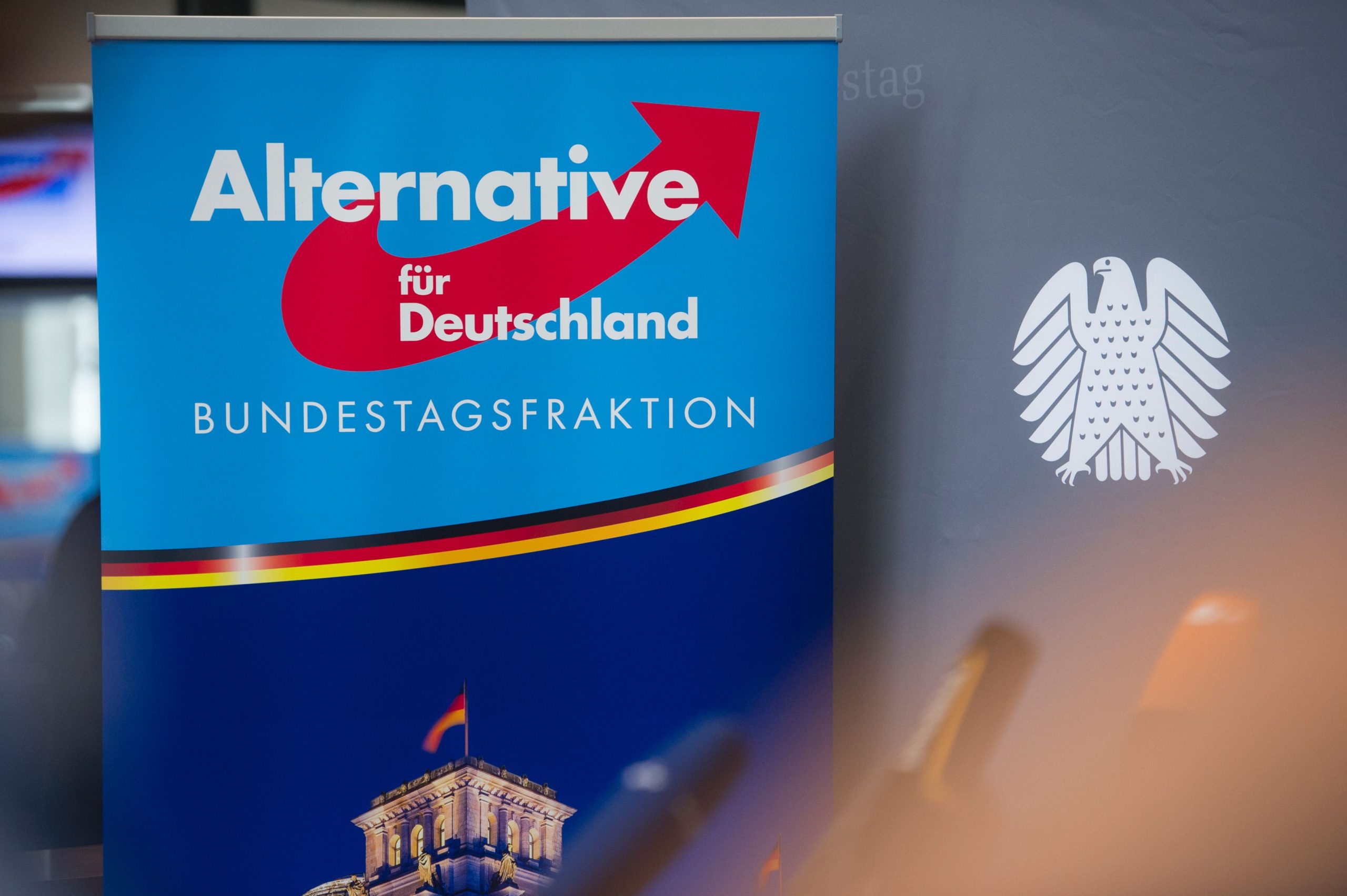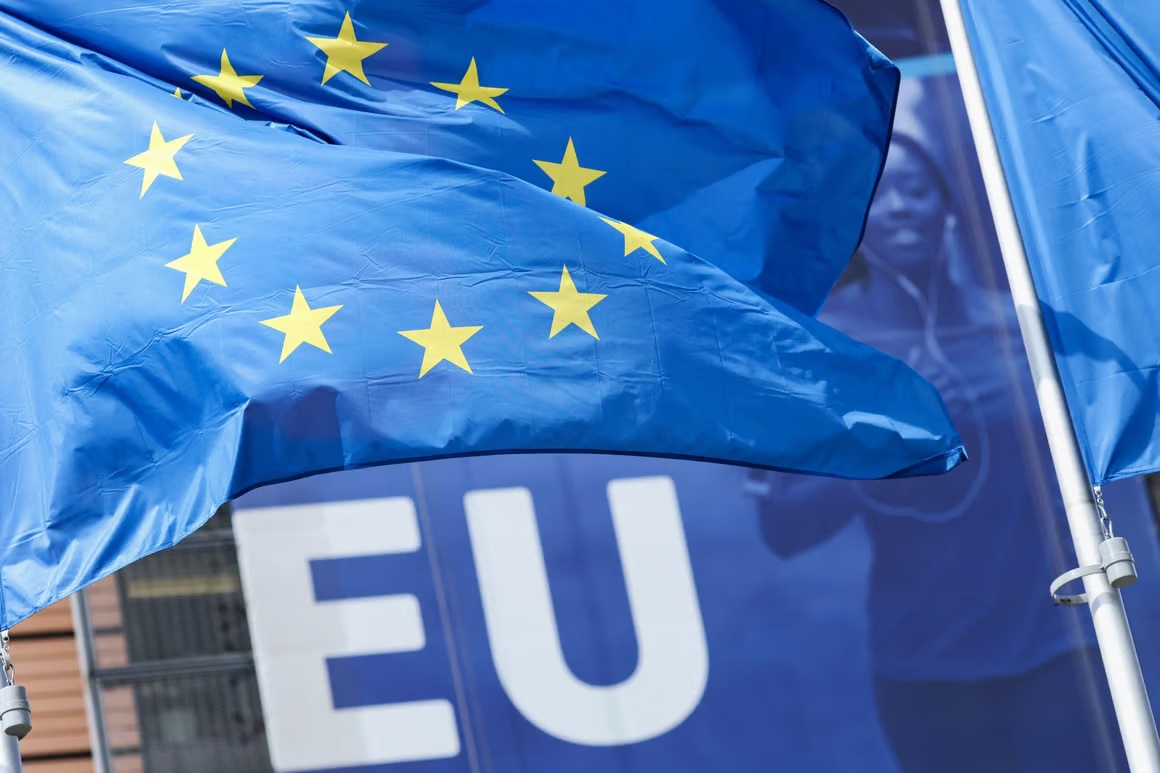European Centre for Counterterrorism and Intelligence Studies, Germany & Netherlands – ECCI
Music, martial arts, and extremism in Germany
Euobserver – On Tuesday, federal interior minister Nancy Faeser unveiled the German government’s new and ambitious action plan on preventing and fighting far-right extremism.It could have significant influence on how the extreme-right are dealt with elsewhere in Europe.Two years ago, a 43-year-old right-wing extremist, Tobias Rathjen, gunned down 10 individuals and injured five others, in two successive attacks on shisha bars in his native city of Hanau.Rathjen’s attack was part of a growing trend of right-wing violence which has accelerated with the onset of the Covid-19 pandemic.
In recent years, Germany has been rocked by the arrests of the Hannibal network, a violent right-wing extremist online prepper group, the killing of the regional politician Walter Lübcke, and the attack against a synagogue in Halle by violent right-wing extremists, to name just a few incidents.German police recorded almost 24,000 far-right crimes in 2021, the highest level since records began 20 years ago.In July 2020, then federal minister of interior Horst Seehofer declared violent right-wing extremism as the greatest threat to domestic security — an assessment he repeated in 2021.
Just this month, a German court classified the far-right Alternative for German (AfD) party as a potential threat to democracy, permitting the country’s domestic intelligence agency to surveil the party, which has 80 MPs in the Bundestag.The unveiling of the new action plan is therefore a welcome development, demonstrating that the federal government will continue and intensify its efforts to tackle this growing threat.Given Germany’s influence as a norm leader in Europe, it is likely that the policies implemented as part of the plan will set the standard for dealing with violent right-wing extremism in other European states, and potentially at the level of the EU.
The plan takes some bold steps into new legislative territory. Crucially — and in a first for German and European policies of this sort — it is set to include the fight against the financial structure of right-wing extremist networks.The key issue to understand about right-wing terrorist and violence-oriented extremist financing — and it’s a reason lawmakers should take some encouragement — is that most of it currently occurs in plain sight, at large music and sports events that in turn have helped foster a growing merchandise industry.
Music festivals and martial arts
In Germany, right-wing extremist music festival revenues in 2018 ranged between €1.5m to 2m while extreme right mixed martial arts (MMA) events, such as the Shield and Sword MMA festival of April 2018 or the Battle of the Nibelungs, which recently took place in Saxony, regularly attract up to 1,000 participants.These events offer cover for meetings between violent extremists from different national scenes. They also serve as hubs for generating money through the trade of propaganda and merchandise materials, including CDs, clothing and food supplements and other paraphernalia.Turnover from the sale of right-wing extremist music and merchandise in Saxony alone was estimated at around €3.5m in 2012, when the figures were last compiled.
Today these revenues are large enough to have allowed the movement to branch out into buying real estate. According to the federal government, there are at least 170 recently purchased properties across Germany being used as venues for right-wing plotting and recruitment.Although growing rapidly in scale and sophistication, these networks still are rudimentary enough to allow governmental intervention to stop them in their tracks. This is why the new emphasis on this area by interior minister Faeser can be a potential game changer and should be operationalised as soon as it is feasible. Big Tech fights back The new action plan also includes a renewed emphasis on the clearly demonstrated link between online hate and real-life violence.
Rathjen himself actively expressed his hatred of minorities on social media in the weeks and months leading up to his attack.While the opportunity exists to get ahead of the curve in significantly disrupting right-wing terror and violence-oriented extremist financing, continuing pressure on the global tech industry to fight against online hate speech remains key.Just this month, in response to updates to Germany’s NetzDG law, which requires tech companies to turn over the data of users posting extremist content to police, Meta (Facebook) and YouTube, later joined by Twitter and TikTok, have collectively sued the German government, making various contrived arguments about the need to protect user privacy.
Two weeks ago, the administrative court in Cologne ruled in favour of big tech because the NetzDG amendments would violate the country-of-origin principle: since the tech companies are registered in Ireland, Germany is not allowed to regulate them.Meanwhile, the German government is going after popular, individual right-wing or conspiracy-theory-driven Telegram channels, and it has already pressured Telegram to take down 64 of the requested 68 channels. The threat of banning the platform from being available for download in Germany appears to have helped here.Faeser’s action plan is an important political signal at the start of the new government’s tenure.Its proposals for going after extremist and terror financing should be fast-tracked. It can lead by example and make a big difference in the European fight against right-wing extremism and terrorism.




